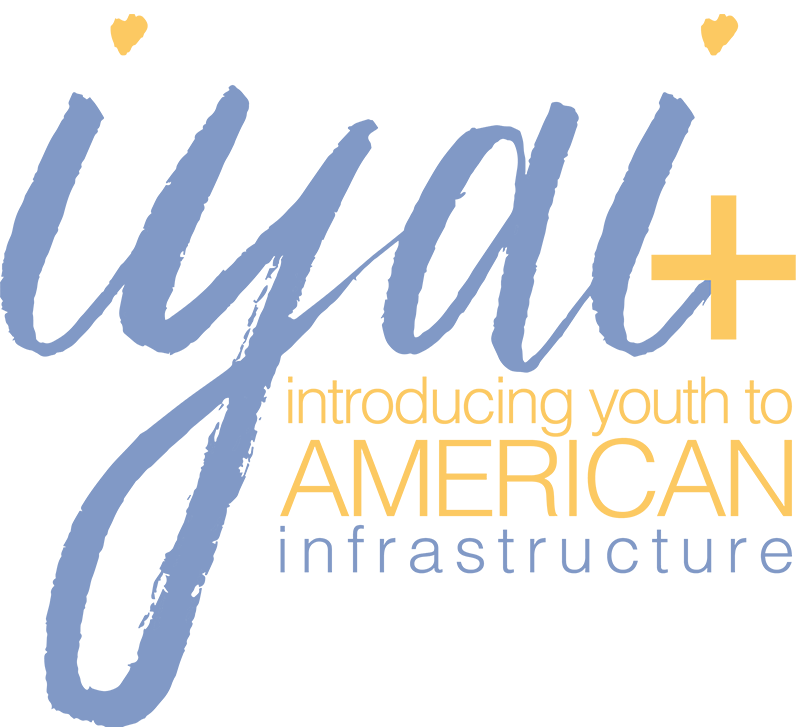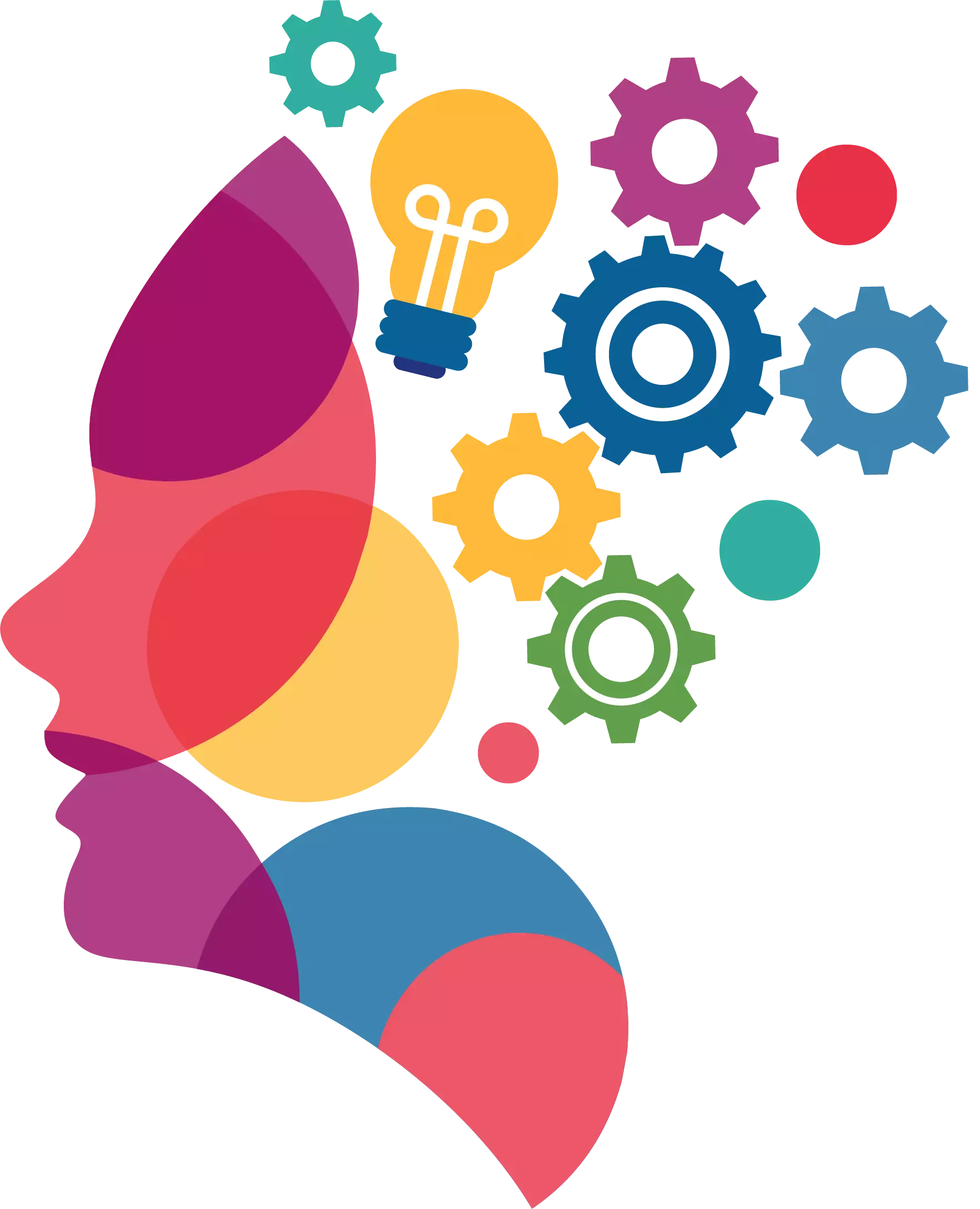No products in the cart.
SUSTAINABLE MOBILITY CAREER AWARENESS & INNOVATION CHALLENGE
program overview
2024
PROGRAM OVERVIEW
The “Sustainable Mobility Career Awareness & Innovation Challenge” for youth (18-25 years of age) builds on iyai+’s core infrastructure career awareness and “My Beloved Community” youth voice and active community engagement elements.
The Program includes three (3) distinct components:
- CAREER AWARENESS/PERSONAL DEVELOPMENT. National and local speakers, programming, and resources to increase awareness of transport/mobility careers, professional networking opportunities, and personal development – with emphasis on “hard-to-fill” jobs, projected growth areas, and emerging trends. All national program content is recorded and available to all participants. The top Career Awareness Trivia Contestant (Individual) will receive a $1,000 USD award.
- GRAND INNOVATION CHALLENGE. A team(s) of 4-7 youth work on a locally-identified mobility/transport challenge(s) addressing the theme of achieving “equity-centered sustainable mobility. Each Local Host sponsor advances a single team to compete in the “virtual” Grand Innovation Challenge. National Judges will select a 1st, 2nd and 3rd place winning team ($1000 USD per-person award to 1st place team, $500 USD per-person award to 2nd place team, and $250 USD per-person award to the 3rd place team).
- CRITICAL CONVERSATIONS. The focus of the 2024 Critical Conversations element (youth insights re: major transport/mobility sector challenges/opportunities) will be developed in concert with the participating Local Hosts/Youth Participants, i.e., surveys and Local Listening Sessions/Focus Groups.
Additionally, in 2024, iyai is introducing a “LEGACY” INNOVATION CHALLENGE TEAM/ LOCAL HOST SPONSOR AWARD for the 2023 TEAM/LOCAL HOST SPONSOR that best demonstrates their progress in advancing/implementation of their 2023 Innovation Challenge. This award will be $2500 USD.
Local Organizers are encouraged to tailor the areas of interest for their Innovation Challenge topic(s) to specific “high area(s) of interest in their respective local area. The more timely, relevant, results-focused, and potentially actionable the Challenge – the better!
INNOVATION CHALLENGE
THEME CONTEXT
Achieving “Sustainable Mobility” within the context of a NEW Normal that is “equity-centered”! The overarching “Sustainable Mobility” Innovation Challenge theme is consistent with the United Nations Sustainable Development Goals, and the national transport programs of both the United States and Canada – which could not be more relevant today.
The challenge underscores major national efforts in both North American countries to create more equitable transportation systems. Two of the most notable initiatives– the Bipartisan Infrastructure Framework in the United States – including Executive Order 13985 “Advancing Equity in Infrastructure” and Justice 40 Initiative (Executive Order 14008) -- which aims to deliver 40% of the overall benefits in climate and clean energy, including sustainable transportation to disadvantaged communities.
Additionally, the “Mobilizing Justice” collaborative in Canada which is the largest collaboration of its kind to study and address inequities in Canadian transportation systems – with a particular focus on “transport poverty” – barriers to getting around for potentially millions of Canadians, combined with social and economic marginalization which limits their full participation in daily life.
General Innovation Challenge Evaluation Categories:
General Innovation Challenge Evaluation Categories are broadly stated below. All Innovation topics will need to address one or more of the following broad categories.
Provide greater equity in accessibility and affordability to mobility that improves access to opportunities and daily necessities, with particular attention to more vulnerable groups of the population who need it most, marginalized/at-risk high-needs communities and priority populations; and areas/populations with documented historic inequities in access and affordability, i.e., the disability community and universal access.
Result in greener transportation options that reduce overall negative environmental impacts (reduce, reuse, and recycle -- including life cycle considerations and future needs; GHG reduction and air quality improvements), i.e., low and zero-emission, energy efficient, affordable modes of transport and supporting infrastructure – including electric and alternative – fuel vehicles; more robust supply chains and freight movement; greater domestic self-sufficiency; and supportive land use, housing policies and choices are an example of important interdependencies.
Actionable, innovative “people-readiness” and “workforce development” strategies, programs and plans specifically focused on addressing current workforce shortages in “essential” high needs positions and projected career growth areas -- with emphasis on attracting, recruiting, hiring, and retaining a diverse, quality workforce.
Innovative use of data and identification of important data “gaps”, improving ready access to useful information that enhances data analytics and critical thinking, use of new technologies that improve the transport/mobility network for all users; projects that advance proficiency in digitalization, computing, and cybersecurity hygiene practices – major 21stcentury workplace and workforce game changers – that are also critical to eliminating the “digital divide”.
Collaborative, cross-sectoral, interdisciplinary approaches, and recommendations that reduce disparities, promote fairness, and foster expanded opportunities for all people and communities (improve safety, enhance efficiency, effectiveness, and quality of overall public service delivery).
Provide greater transparency, ready and affordable access to public information re: transport/sustainable mobility career, educational, and training opportunities – “jobs” and “business” opportunities – with the overarching objective to advance “diversity, equity, and inclusion” and expand career opportunities.
Meaningfully engage and expand citizen/community participation – including meaningful “youth voice” -- in all phases of project planning, design, implementation, and evaluation that is focused on reducing/eliminating disparities.


